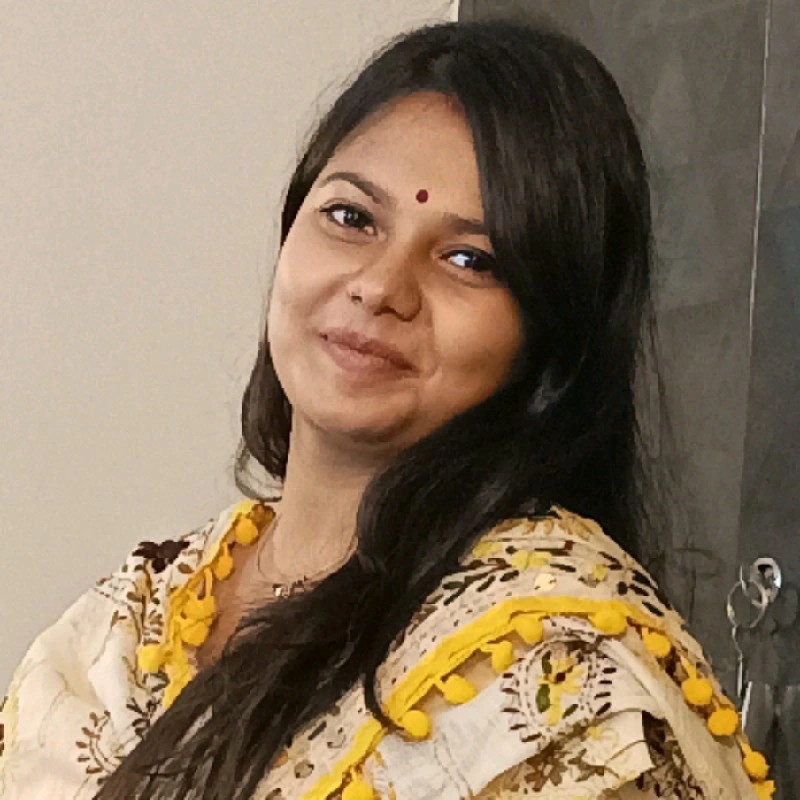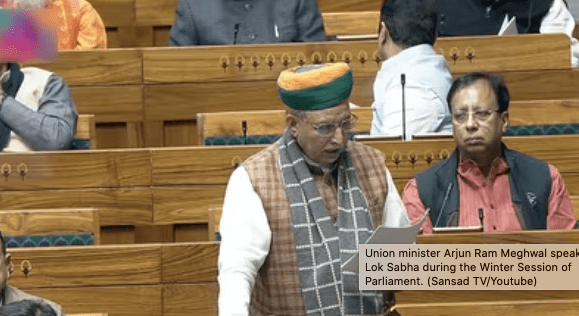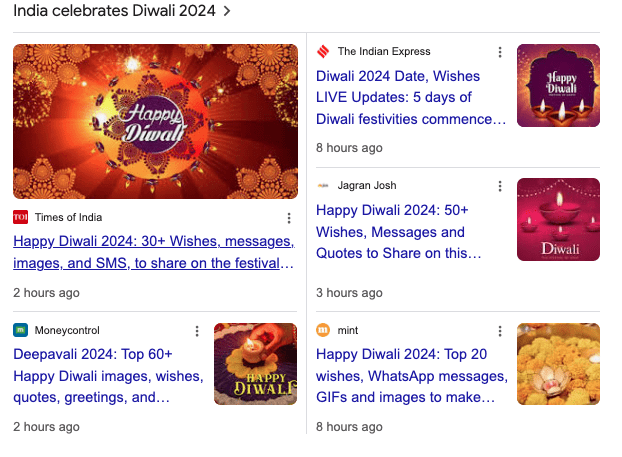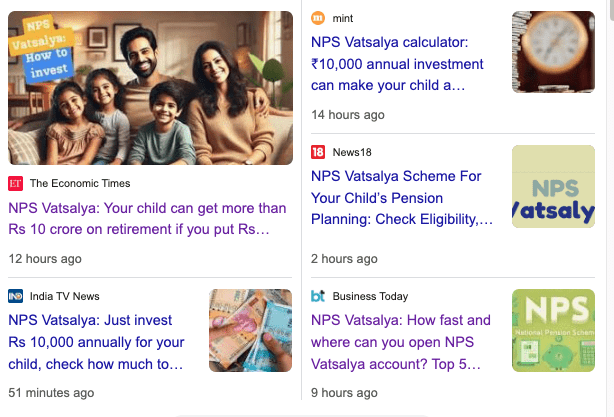Following the measures’ introduction, Congress, Samajwadi Party, and Trinamool Congress MPs launched scathing assaults. The constitutional amendment legislation that would allow for simultaneous Lok Sabha and assembly elections were introduced by Union Law Minister Arjun Ram Meghwal on Tuesday. They were regarding one nation one election bill.
Following a preliminary round of debate, the opposition requested a vote split as the law minister introduced the Union Territories Laws (Amendment) Bill, 2024 and the Constitution (One Hundred and Twenty-Ninth Amendment) Bill, 2024 in the Lok Sabha. 198 members voted against it, while 269 members supported it.
A combined committee of the two Houses might be tasked with reviewing the bills.
Following the measures’ introduction, Congress, Samajwadi Party, and Trinamool Congress MPs launched scathing assaults.
The country’s measures for simultaneous elections were rejected by Congress MP Manish Tewari, who said that they violated the fundamental structure doctrine of the Constitution.
“I urge the government to withdraw the introduction, consideration of one nation, one election bill that is outside the legislative purview of this House,” he said to the Lok Sabha.
Dharmendra Yadav, an MP for the Samajwadi Party, criticized the legislation for simultaneous elections, claiming they were an attempt by the BJP to impose “dictatorship” on the nation.
“I find it hard to comprehend that, just two days ago, every possible option was exhausted in the illustrious tradition of preserving the Constitution. The fundamental spirit and framework of the Constitution have been terminated within two days of the Constitution Amendment Bill. I concur with Manish Tewari, and speaking for my party and my leader Akhilesh Yadav, I have no qualms about asserting that, even in this House, no one was more knowledgeable than the drafters of our Constitution at the time. SP MP
Kalyan Banerjee, a member of the Trinamool Congress (TMC), also criticized the measures, saying they were “just a fulfilment of one gentleman’s desire and dream” rather than reforming elections.
What is One Nation One Election Bill?
“This proposed bill violates the fundamental framework of the Constitution, and any legislation that does so would be beyond the bounds of the law.We must keep in mind that neither the Parliament nor the federal government have any authority over the state government or state legislative assembly. ANI cited Banerjee as saying.
According to a copy of the Constitution (One Hundred and Twenty-Ninth Amendment) Bill, 2024, which was distributed on the evening of December 13, midterm elections will only be held to allow that legislature to finish the remaining five years of its term if the Lok Sabha or any state assembly is dissolved before the end of its entire term.
The bill proposes changing Articles 83 (duration of Houses of Parliament), 172, and 327 (authority of Parliament to make laws with respect to elections to Legislatures) and adding Article 82(A) (simultaneous elections to the House of the People and all Legislative Assemblies).
It specifies that the amendment’s provisions will take effect on a “appointed date,” which the President shall announce during the first Lok Sabha session following a general election.
The bill states that simultaneous elections will start in 2034 and that the “appointed date” will take place following the subsequent Lok Sabha elections in 2029.
It states that the House of the People (Lok Sabha) will serve for five years following its appointment date, and that any legislative assemblies elected after that day will serve for the same amount of time as the Lok Sabha.
Prime Minister Narendra Modi supports the Bharatiya Janata Party’s 2024 election agenda, which included the idea to align elections. However, a number of political parties and activists strongly oppose the plan, claiming it will undermine democratic accountability.
The ‘One nation, One Election’ bill was forwarded to a Joint Parliamentary Committee, as Congress MP Jairam Ramesh had urged last week.
What is One Nation One Election Proposal?
According to reports, the government is eager to undertake more extensive discussions on proposals that will probably be sent to a parliamentary committee.
According to sources, the government was also eager to use the committee to consult with the speakers of the various state legislative assemblies.
However, what is the “One Nation, One Election” strategy exactly? Here is a brief explanation of the proposal.
Points 1 of the One Nation, One Election bill are described. The plan’s proposal committee, led by former President Ram Nath Kovind, contended that conducting annual elections has a detrimental effect on society, politics, and the economy. To address it, it suggested that simultaneous elections be held again.
2. The Lok Sabha and state assembly’ election dates will coincide in the first phase of the strategy. The second stage of the plan is then schedule municipal and panchayat elections to coincide with these, which will happen within 100 days.
3. In order to maintain synchronization, the President may announce the date of the Lok Sabha’s meeting as the “appointed date” after a general election.
4. The tenure of recently established state assembly will be shortened to align with the upcoming general elections.
Zakir Hussain Dies at 73 – Legendary Indian Table Player
5. The Kovind committee also suggested creating an implementation body to supervise and guarantee the effective implementation of these measures.
6. It has been suggested that Article 324A be added to the constitution in order to allow for simultaneous elections for municipalities and panchayats. In order to establish a single voter list and photo ID card for every election, the committee also suggested amending Article 325. However, states will need to ratify this amendment.
7. New elections will be held in the event of a hung house or no-confidence motion; however, the newly elected house’s term will only last until the following general election.
8. In the event of a no-confidence motion or hung house, the committee has argued for fresh elections. State assemblies will continue until the end of the Lok Sabha’s term, unless it is dissolved early, while the newly elected Lok Sabha will serve the remainder of the previous one.
9. To guarantee effective election administration, the Election Commission is encouraged to make proactive plans for the acquisition of necessary equipment, such as EVMs and VVPATs.
Also Read:

Shubhangi Gupta is a distinguished content writer and the visionary founder of The Unpleasant – Acha Nahi Sabse Sacha. With a Master’s degree in Commerce from University of Lucknow, Shubhangi has seamlessly blended her academic background with her passion for reading and writing, embarking on a successful career as a content writer since 2019.






One thought on “One Nation, One Election Bill Introduced in LS, 269 votes in Favour”